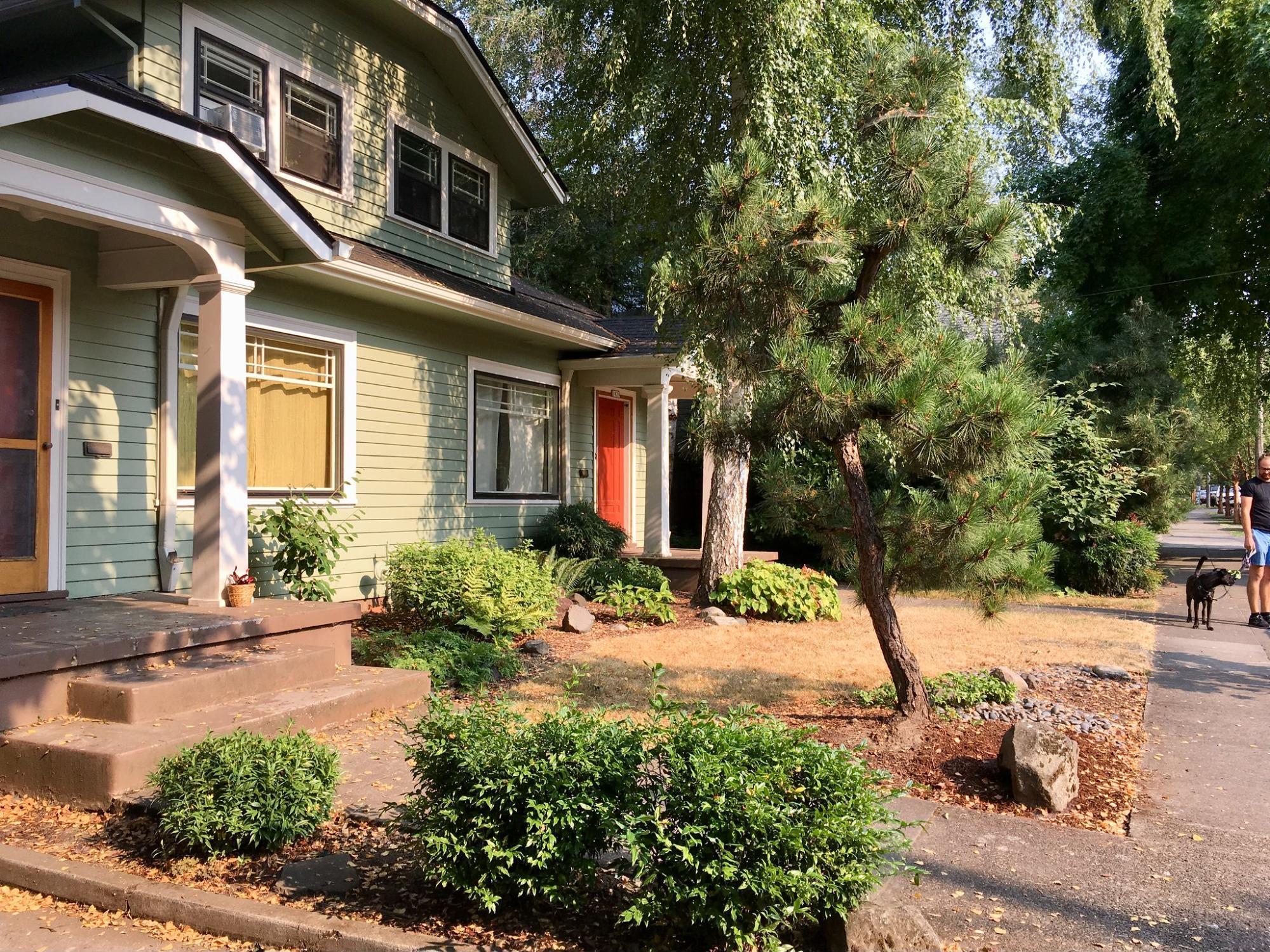The ABCs of Renting Your Property to Tenants: A Beginner’s Guide
With the slowdown of home sales in the real estate market, more homeowners are stuck with homes that they thought would sell and they are now considering renting those homes to tenants. This is to be expected because many homeowners have already moved on to bigger and better properties even though their first homes didn’t…
Read more
